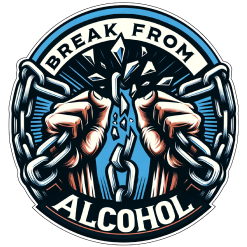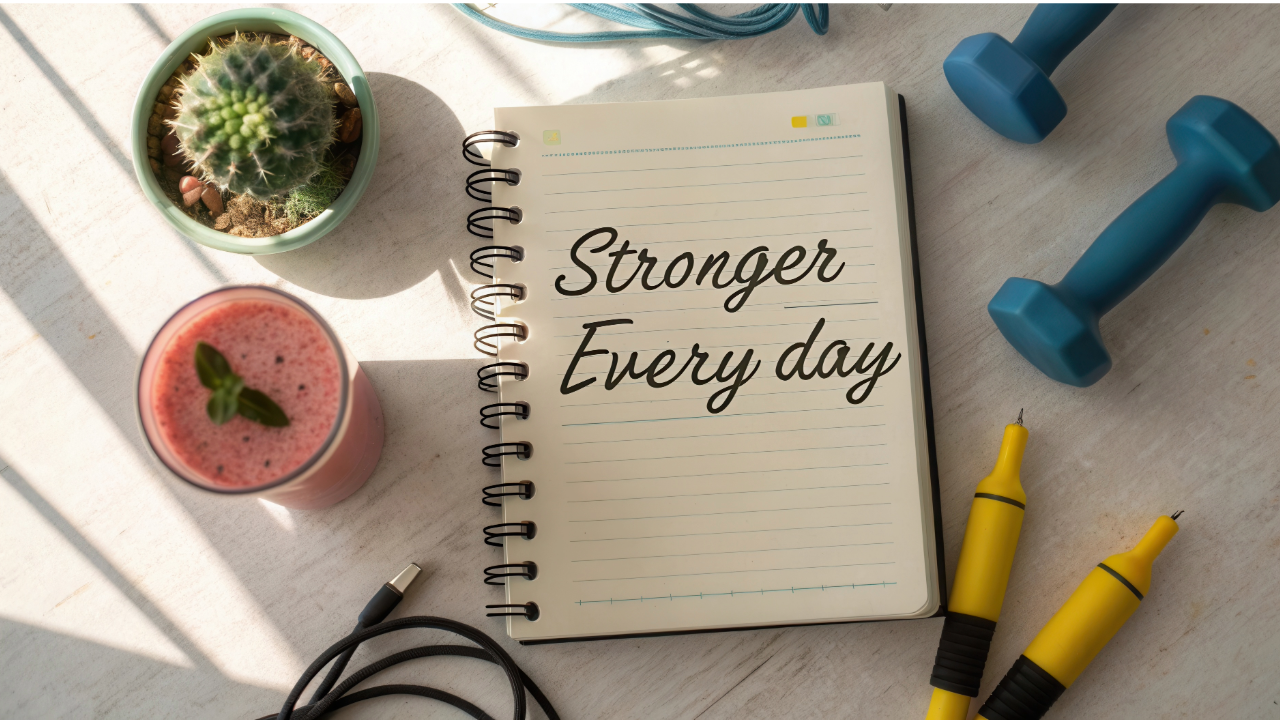Self-Development: 21 Proven Self-Growth Activities to Transform Your Life
Aug 05, 2025
Starting your self-development journey is one of the most powerful investments you can make. It’s not just about setting goals or reading self-help books. True self-growth means intentionally working on your mindset, habits, skills, and emotional health to live with more clarity, confidence, and purpose.
In this post, we’ll explore what self-development really means, why it matters, and 21 powerful self-growth activities you can start today to improve your mental health, boost motivation, and unlock your full potential.
What Is Self-Development?
Self-development (also known as personal development or self-growth) is the intentional, ongoing process of improving your knowledge, habits, mindset, and emotional intelligence. It includes learning new skills, setting and reaching goals, increasing self-awareness, and cultivating resilience. At its core, self-growth is about becoming the best version of yourself, mentally, physically, emotionally, and spiritually.
Key elements of self-development:
- Lifelong learning
- Self-reflection and awareness
- Growth mindset
- Emotional regulation
- Goal setting and achievement
- Healthy coping strategies
Why Personal Growth Matters
Personal development is essential for improving every area of your life, relationships, career, mental health, and overall life satisfaction. When you commit to your own growth, you become more adaptable, more confident, and better equipped to handle life’s challenges.
Benefits of self-development include:
- Improved emotional well-being and resilience
- Stronger communication and relationship skills
- Better decision-making and problem-solving
- Increased self-confidence and motivation
- Career advancement and professional success
- Reduced stress and anxiety
- Greater sense of purpose and fulfillment
21 Self-Development Activities You Can Start Today
These personal growth activities are backed by research and real-world success. Choose one or two to begin with and build from there.
- Read Personal Development Books
Reading expands your thinking, improves focus, and introduces you to new ideas. Choose books that support your current goals, whether it’s mindset, health, relationships, or leadership.
- Set SMART Goals
Use the SMART method (Specific, Measurable, Achievable, Relevant, Time-bound) to create goals you can actually follow through on.
- Learn a New Skill
Skills like coding, photography, cooking, or learning a new language challenge your brain and boost self-confidence.
- Practice Daily Mindfulness
Mindfulness reduces stress, improves focus, and increases emotional awareness. Even 5–10 minutes a day can make a difference.
- Start a Journaling Practice
Journaling helps you process emotions, reflect on goals, and gain clarity. Try gratitude journaling or reflective prompts to begin.
- Take Online Courses
From emotional intelligence to public speaking, platforms like Coursera, Udemy, or LinkedIn Learning offer thousands of options.
- Exercise Consistently
Regular movement improves brain function, mood, and energy levels. Walk, swim, lift weights, or try yoga, just stay consistent.
- Practice Gratitude
Gratitude rewires your brain for positivity. Keep a daily gratitude list or write thank-you notes to others.
- Attend Personal Growth Workshops
Seminars, retreats, and webinars can accelerate growth and connect you with like-minded individuals.
- Learn Time Management Techniques
Use tools like the Pomodoro technique, Eisenhower matrix, or habit stacking to stay productive and focused.
- Volunteer for a Cause
Helping others builds empathy, purpose, and perspective. It’s also a great way to connect with your community.
- Join Supportive Communities
Find online or local groups that align with your values or interests, from sobriety circles to entrepreneurship networks.
- Work on Public Speaking
Public speaking sharpens communication skills and boosts self-confidence. Join a local Toastmasters or practice in small groups.
- Develop Emotional Intelligence
Learn to manage emotions, build empathy, and improve your interpersonal relationships through self-awareness and reflection.
- Try Meditation
Meditation helps regulate stress, improve sleep, and boosts your ability to focus and stay calm.
- Explore Different Cultures
Travel or connect with people from different backgrounds to broaden your worldview and challenge assumptions.
- Improve Your Financial Literacy
Understanding budgeting, saving, investing, and debt management gives you more freedom and security.
- Seek Feedback from Others
Constructive criticism helps you grow. Ask for feedback from trusted friends, coworkers, or mentors.
- Take a 28-Day Challenge
Pick one activity, like journaling, meditation, or an alcohol-free lifestyle, and commit to doing it daily for 28 days. It’s a great way to create habits.
- Address Conflict Constructively
Conflict resolution training helps improve communication and strengthens personal and professional relationships.
- Limit Alcohol Consumption
Reducing or breaking from alcohol supports better mental clarity, emotional regulation, sleep, and decision-making. It’s one of the most impactful steps you can take for long-term self-growth.
Ready to Take Control of Your Self-Growth?
Personal growth is a lifelong commitment, but it starts with one decision. Whether your goal is to improve your mindset, strengthen your relationships, or regain control over unhealthy habits like alcohol, small steps create big change.
If alcohol is limiting your clarity, focus, or emotional well-being, consider taking a break. Our program, Break from Alcohol, is designed to help you reassess your relationship with alcohol and reconnect with your true self through neuroscience-backed strategies and compassionate support.
Want help getting started?
Explore the Break from Alcohol program today.







